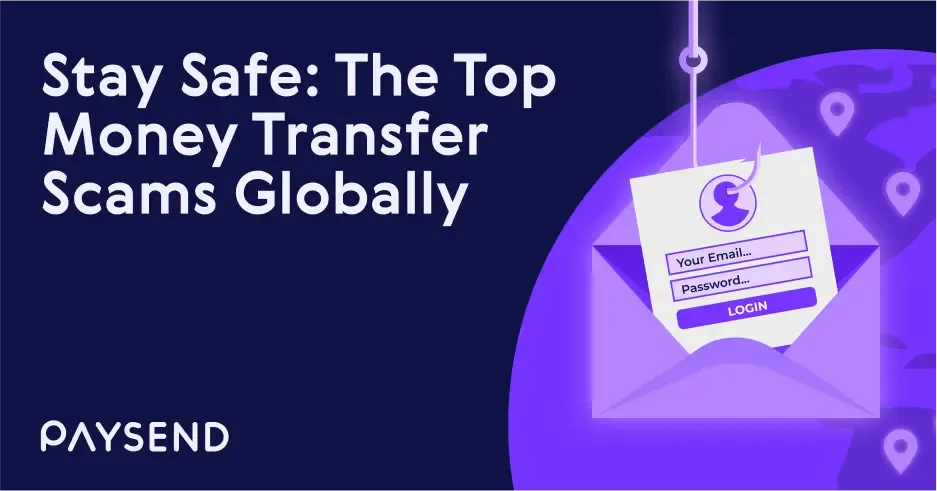The Cost of a Bad Hire: The Importance of Strong Values (Cultural Principles) in the Interview Process

Hiring the wrong employee can be a costly mistake for any company. Not only does it result in decreased productivity and morale, but it can also lead to increased turnover, missed opportunities, and damage to the company's reputation. The cost of a bad hire can be staggering, and it is crucial for organisations to take steps to minimize this risk.
Here at Paysend, we made a conscious effort to ensure that not only did we embed our Paysend 7 Cultural Principles (see below) into the business but to integrate them into the evaluation process when candidates are interviewing for roles within the organisation.
Having worked within the Recruitment / Talent Acquisition field for a number of years, I've witnessed on numerous occasions when Hiring Managers have introduced candidates to the recruitment team and put pressure on individuals to push them through the process (“I worked with them previously and they were a great person”, “They will bring loads of business to our company” etc). Here at Paysend, every candidate introduced is evaluated by the Talent Acquisition team against our 7 Cultural Principles prior to moving the candidate to the next stage of the process, ensuring that the next Paysender is exactly that - A true Paysender. The key - We're not afraid to push back if the candidate doesn't demonstrate the right Paysend principles.
We have been keen to have this process in place to make sure that these individuals who are in the interview process and potentially joining Paysend have demonstrated positive attributes against our principles, so that everyone internally are aligned and set up for success within the business.
Finally, it is important to consider the long-term impact of hiring a candidate who does not align with the company's values. While a candidate may seem like a good fit based on their experience and qualifications, if their values are not aligned with the company's values, the potential for conflict and disengagement is high.
Ultimately, the cost of a bad hire can be significant and is something that all organisations should strive to avoid. By focusing on values during the interview process, organisations can reduce the risk of hiring the wrong employee and increase the likelihood of hiring someone who will be a positive and productive member of the team. Strong values create a positive work environment, increase employee engagement, and drive success for the company.
If you'd like to see more about our Culture and the way we work please visit: https://paysend.com/en-gb/culture and follow us on our LinkedIN page for more updates and information.

Article by Mark Rossiter-Smith, Head of Talent Acquisition at Paysend
Latest Posts

Sending money internationally has never been easier, but as digital payments become more popular, so do scams targeting unsuspecting senders. Fraudsters use various tactics to deceive people into transferring money, often pretending to be banks, employers, or even loved ones in distress.
To help you stay protected, we’ve outlined some of the most common and most recent money transfer scams happening around the world and how you can avoid them.

Sending money to Poland isn’t just about transactions - it’s about staying connected with loved ones, supporting family, and helping celebrate life’s special moments. Whether it’s funding daily expenses, contributing to education, or lending a hand during festive occasions, the process should be fast, secure and hassle-free. With Paysend’s partnership with Visa, transferring money to Poland has never been easier.